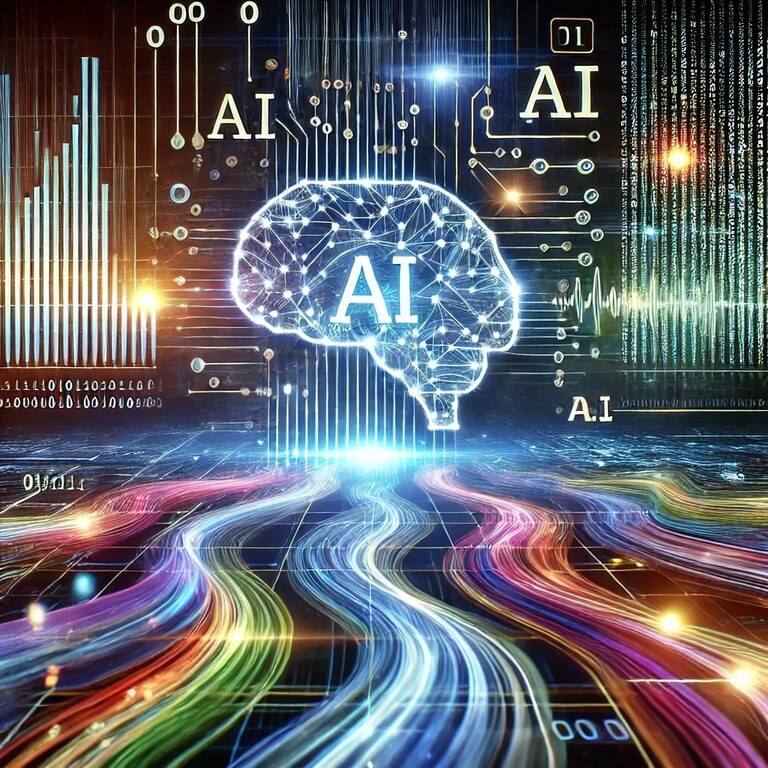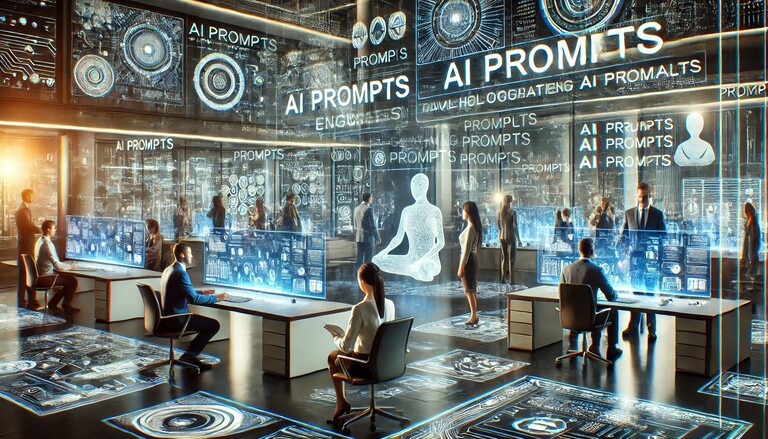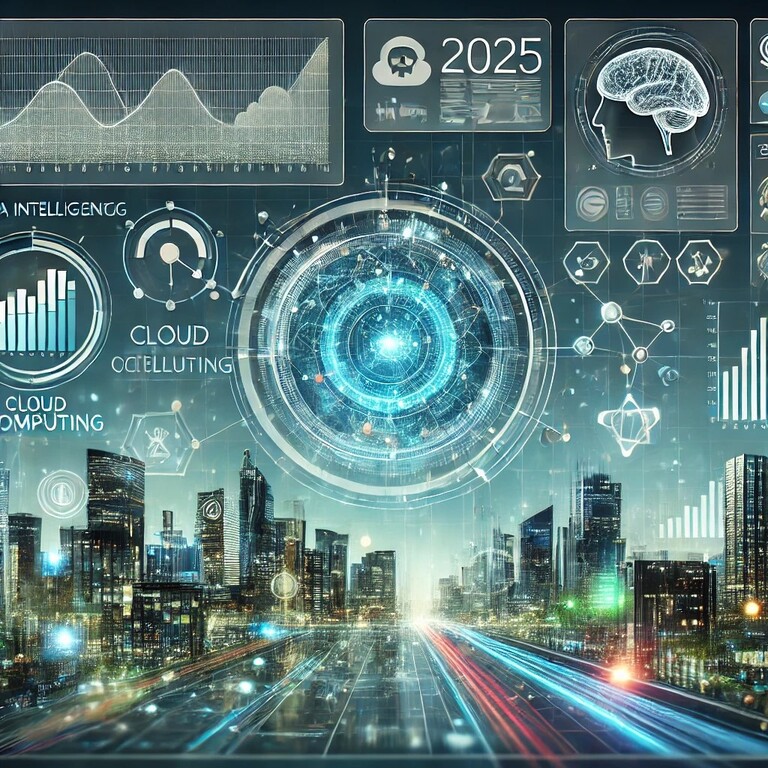In a hyperconnected world, real-time data engineers are pivotal to managing the continuous flow of data streams. From processing live IoT device updates to driving edge computing innovations, these professionals ensure businesses can adapt and thrive in real-time. As organisations rely on instant insights to stay competitive, the expertise of real-time data engineers is in growing demand.
The Rise of Real-Time Data Engineering
Why Real-Time Data is Crucial
The shift to real-time data is revolutionising industries by enabling instant decision-making. For example:
- Healthcare: Immediate responses to patient vital changes.
- Finance: Detecting and preventing fraud in real time.
- E-commerce: Delivering personalised experiences based on live user behaviour.
Traditional data-processing methods fall short in this era of instant demands. Real-time data engineers bring the skills needed to process high-velocity streams, enabling seamless operations and enhanced decision-making.
Streaming Data: Challenges and Opportunities
Managing streaming data is no small feat. Engineers face issues such as:
- High Latency: Sub-second responses are critical for many applications.
- Scalability: Handling exponential data growth.
- Data Integration: Merging streaming data with legacy systems.
Despite these challenges, the potential benefits include improved predictive analytics, smarter anomaly detection, and optimised business processes.
The Role of Edge Computing
What is Edge Computing?
Edge computing decentralises processing by bringing it closer to the source—like IoT devices or autonomous vehicles. This reduces latency and conserves bandwidth, which is essential for applications requiring real-time responsiveness.
For instance, autonomous cars rely on edge computing to make split-second decisions, such as braking to avoid obstacles. Without this technology, real-time insights would be impossible.
Key Skills for Real-Time Data Engineers
Real-time data engineers must master:
- Programming Languages: Python, Scala, and Java.
- Big Data Tools: Apache Kafka, Apache Flink, and Spark Streaming.
- Cloud Platforms: AWS, Google Cloud, and Azure for scalable data pipelines.
- Data Security: Encryption and compliance with GDPR for sensitive data.
Future Trends in Real-Time Data Engineering
The field is evolving rapidly with innovations like:
- AI-Powered Data Analytics: Machine learning models integrated into real-time systems.
- 5G Networks: Lower latency and faster data transfers, perfect for IoT and edge applications.
- Serverless Computing: Simplified scalability for real-time pipelines.
These advancements underscore the need for skilled engineers who can stay ahead of emerging technologies.
Conclusion
Real-time data engineers are the backbone of today’s data-driven businesses. By managing streaming data and leveraging edge computing, they ensure organisations can deliver instant insights and stay ahead in an ever-evolving digital landscape.








